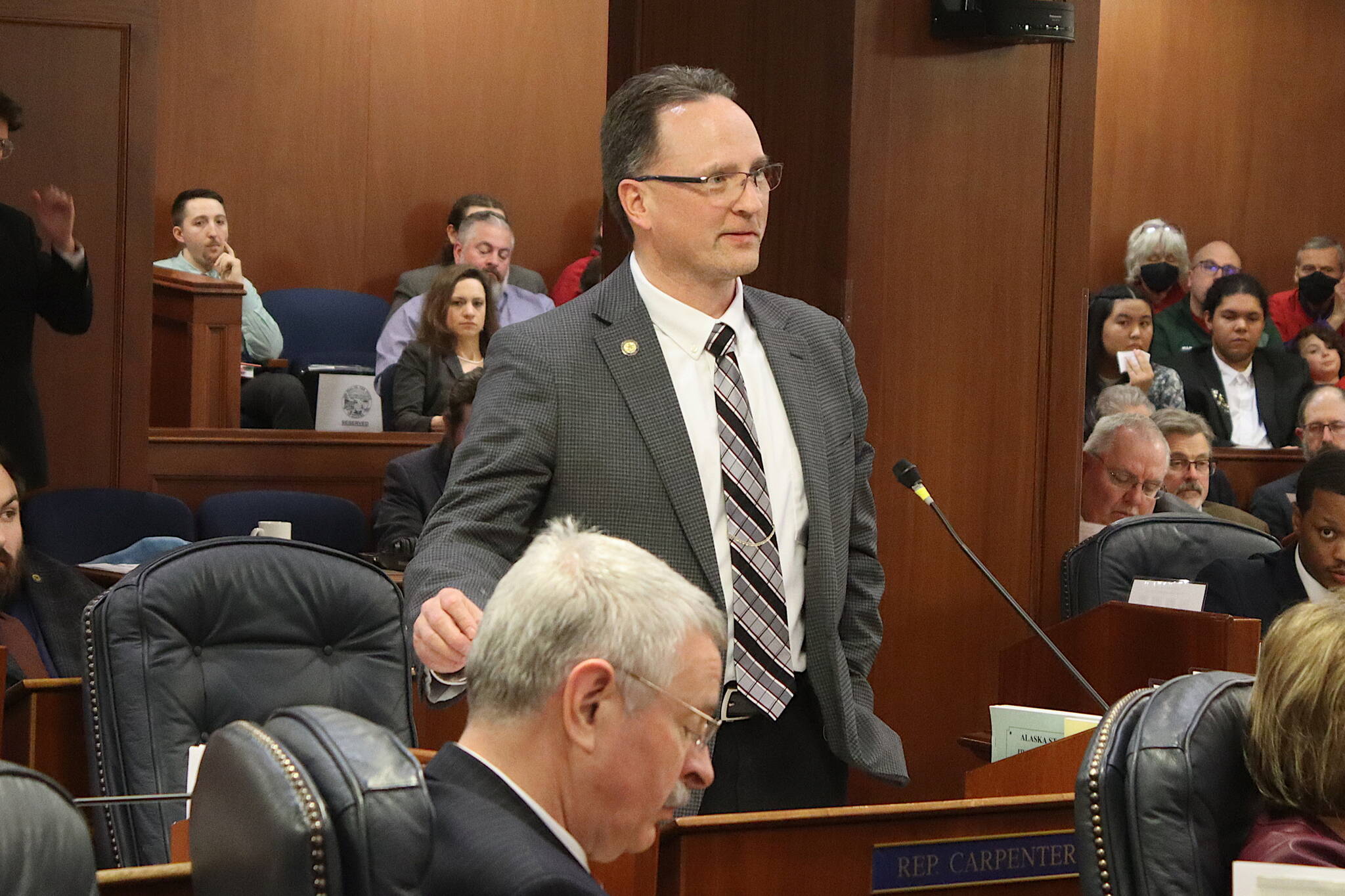As the Alaska budget undergoes its final stages of deliberation in Juneau, it’s never been clearer that our state requires a more effective and transparent budgeting process. Currently, our budget discussions often lack transparency, leaving many stakeholders, including legislators, feeling sidelined in the decision-making process. We’re left with the daunting task of voting on the entire budget package without the opportunity to provide meaningful input on individual components. This lack of transparency and accountability undermines the very essence of representative governance.
What does the budget end-game look like? When the Alaska budget nears its final stages, a conference committee, comprised of six members of the legislature, convenes to make final decisions. The remaining members, including myself, are left in a passive role. Yet, we are tasked with deciding whether to vote affirmatively or negatively on the entire package, balancing its merits against its drawbacks. While increased funding for education is beneficial, fewer educational options for parents are not. Providing internet access for schools is advantageous, yet prohibiting schools from utilizing low-cost, high-speed internet providers is not. While a balanced budget is favorable, balancing it on the backs of dividend recipients is not.
This frustration is palpable for me as your representative, and I’m sure it resonates with you as well. When I delve into the problems plaguing our state’s budgeting process, I continually ask myself why until I reach the root: There must be a better way to budget, and I believe there is.
Other states have implemented budget documents and processes that are transparent, allowing significant input from all members. They have transparent processes for estimating revenues and costs of programs, along with tax and expenditure limits that lead to predictable and sustainable budgets. In contrast, Alaska’s spending limits are ineffective, and our revenue limit results in annual cuts to the PFD without considering alternatives for paying for budget growth. We don’t limit how much we spend out of savings until they run out. We have no limit on future taxes. We have no limit on how much PFD will be used to balance the budget.
Moreover, many states have detailed information on state spending, meaning how state money is being spent and what their citizens and taxpayers are getting out of that spending. Alaska law requires performance-based budgeting, but the law is vague. So we ignore it.
The legislature often lacks clarity of true state agency costs and turns spending decisions over to these agencies, lacking more detailed budget bills. By relying on state agencies for estimates every year they come back for additional or supplemental budgets. Year after year our state auditor flags numerous instances of improperly spent funds.
However, there is hope for change. The House Ways and Means Committee has passed crucial bills aimed at reforming our budgeting process, including spending limits, constitutional protection of our PFD, and a Sunset Commission to review state programs’ effectiveness. We have three weeks left in this Legislature to pass these needed bills in the House and I remain optimistic that we can do so. I have no optimism that any of these could pass the state Senate no matter how much time is available. But I am going to keep trying.
Ben Carpenter, Representative for House District 8
Chairman of the Ways & Means Committee and Legislative Budget & Audit

